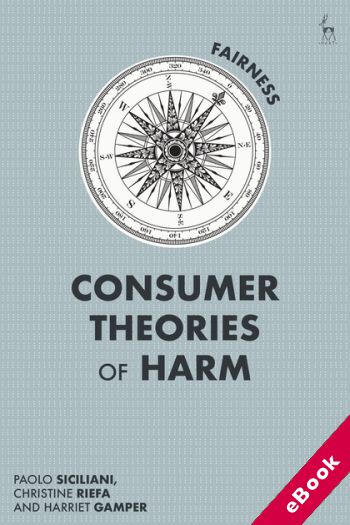
The device(s) you use to access the eBook content must be authorized with an Adobe ID before you download the product otherwise it will fail to register correctly.
For further information see https://www.wildy.com/ebook-formats
Once the order is confirmed an automated e-mail will be sent to you to allow you to download the eBook.
All eBooks are supplied firm sale and cannot be returned. If you believe there is a fault with your eBook then contact us on ebooks@wildy.com and we will help in resolving the issue. This does not affect your statutory rights.
Consumer law and practice has undergone a period of change over the last two decades, culminating in the 2015 Consumer Rights Act and associated changes to the competition regime and to consumer enforcement.
This monograph argues that a further move to higher standards of protection is necessary, and that a more confident use of economic theory will allow practitioners to demonstrate how a poor standard of professional diligence lies at the heart of consumer harm. Both theoretical and practical examples of how to combine existing law with economic theory to improve case outcomes are provided. The book concludes that to move to a more proactive regime in the consumer field, with more assertive enforcement, would entail a move to a positive duty for firms to treat consumers fairly.